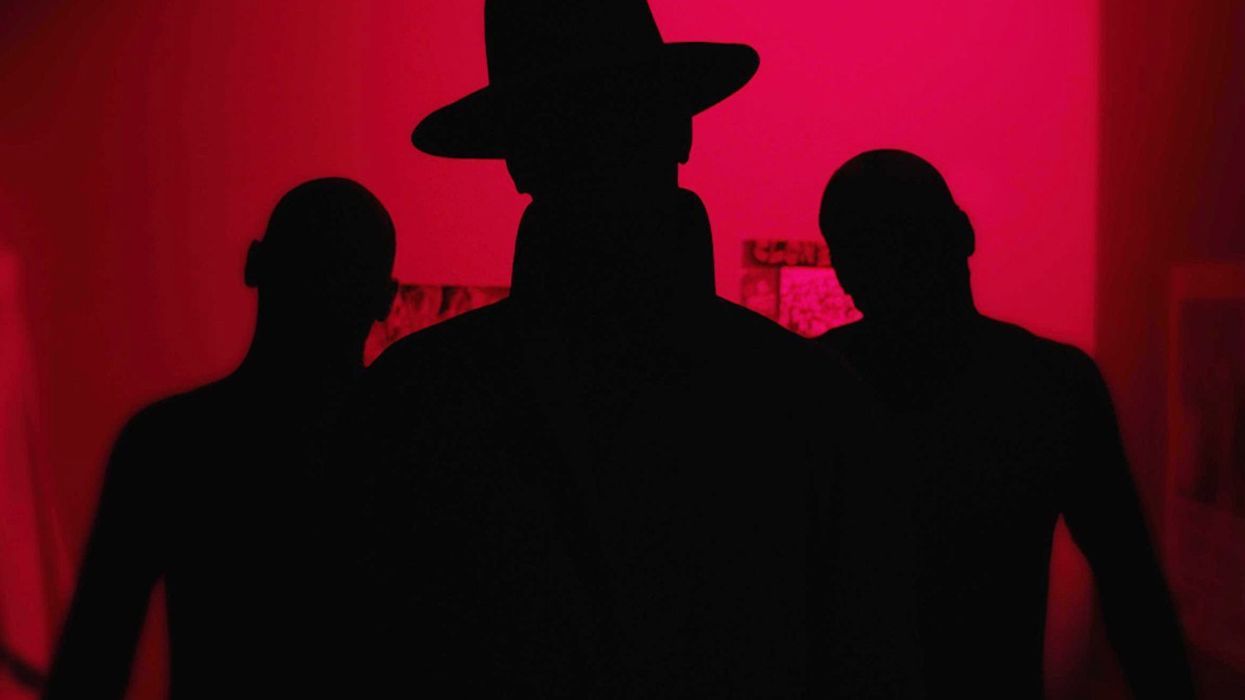6 Rules for Creating the Hottest Content on the Market Right Now: Docuseries
If you’ve made a documentary, you know how hard it is to fit a complex life story into 90 minutes. Now, you can tell your story for 9 hours — and it might actually sell.

The 2016 SXSW Film Festival has been full of talk about the growing distribution prospects for documentaries, and in the wake of series like Making a Murdererand Chef’s Table, distributors are looking at docuseries. Andrew Fried (Chef’s Table), Ross Dinerstein (Silicon Cowboys), Clay Tweel (Print the Legend), and moderator Elsa Ramo (Ramo Law) sat down to speak about their personal experiences moving from features to docuseries. Based on their panel "Documentary to DocuSeries and Beyond," we've outlined the best practices for getting in to docuseries.
“Two hours after the SXSW premiere, I had an offer. That’s never happened to me before [with a documentary].”
As I mentioned briefly in this week's Indie Film Weekly Podcast, Ross Dinerstein – who’s produced or EP’d around 30 films — had a lot of encouraging words about the state of documentary. “I think it’s a golden age for docs. There are more distribution partners with Netflix, Amazon, and Hulu so there are many more opportunities,” said Dinerstein, who premiered Silicon Cowboys the opening night of the festival. “Two hours after the premiere, I had an offer. That’s never happened to me before [with a documentary].”
The time is right. So how do filmmakers get someone interested in their own docuseries idea?

Ultimately, your goal is to pitch your docuseries in front of people who are in the position help you make it – whether that’s a network, an online platform, or a production company. The best way to show them what you want to do is to… show them what you want to do.
“I love going into a meeting with a 90-second sizzle reel with something we’ve shot or with something we’ve ripped off the internet," said Andrew Fried. "It’s like you’re crafting a TED talk, but not for TED. That’s the deliverable at the end of our calendar. It’s a narrated slideshow that give a snapshot to a potential buyer.”
2. Don’t over-polish your sizzle reel
It’s a preliminary reel, so it shouldn’t be too slick. According to the panelists, if someone comes in with a sizzle where the concept is only okay, the characters are only okay, and the idea is only okay, but the graphics are amazing... forget it! Spending too much time and money on polishing shows a level of naiveté.
3. Make sure nobody's beat you to the punch
You should do a few internet searches to make sure someone else had not already covered your idea the same way as you — and better.
“I had a project and had press release ready to announce," said Ross Dinersteintein, "but then the publicist asked if I had seen this previous movie. I looked, and the exact same movie already existed. Not only that, but it was good and available on YouTube for free. It was quite embarrassing!”
4. Don’t be derivative
Everything we make is referential, but try not to make something derivative, and certainly don’t pitch it as something derivative. "I hear a lot now, 'It's just like for Chef's Table but with [insert new topic here],'" said Fried. "Real talent isn’t trying to imitate the last thing; they are doing the new things.”
5. Get paperwork for your subject
You can try to get exclusivity, but it’s not often possible. However, if you don’t have any kind of agreement or access, it will be hard for a content buyer to want to go forward. And beyond that, you don’t want to raise money for a project you don’t have.
6. If you don’t have an agent, use film festivals to find connections
A great question came up at the panel from someone in the audience: How do you get your pitch in front of the people that need to see your project?
Fried acknowledged that we still live in a closed Hollywood system where we're dependent on an agent who has access to the networks. But if you don’t have access, you can still create your work — and share it. Fried himself is working on a project that started as a Vimeo short. He also recommends film festivals as the best place to create an organic network. You may find yourself talking to another filmmaker who really likes your film, and maybe that filmmaker will make an introduction to a producer who seems up your alley.
For more, see our complete coverage of the 2016 SXSW Film Festival. Listen to our podcasts from SXSW (or subscribe in iTunes):
No Film School's coverage of the 2016 SXSW Film Festival is sponsored by SongFreedom.












